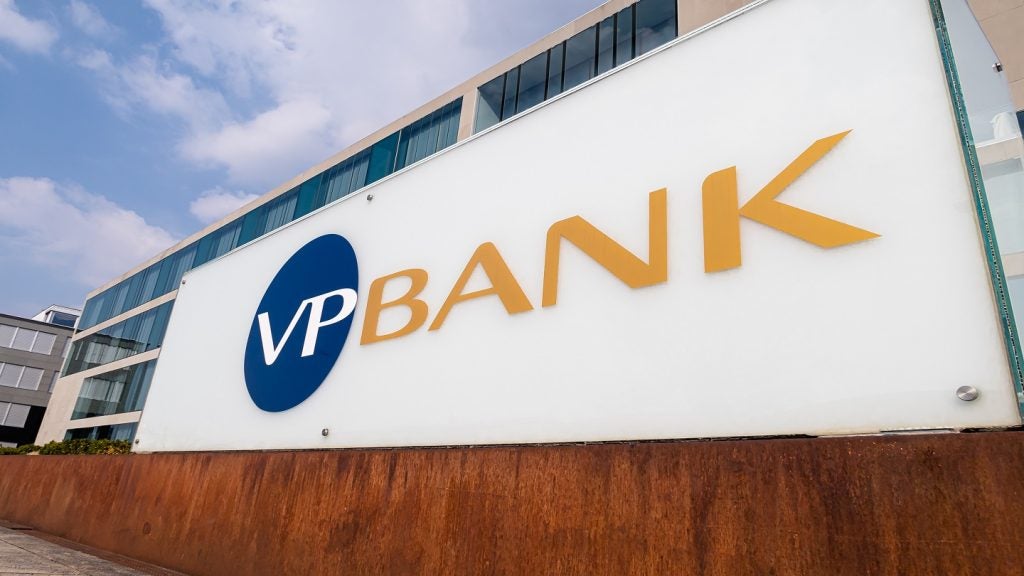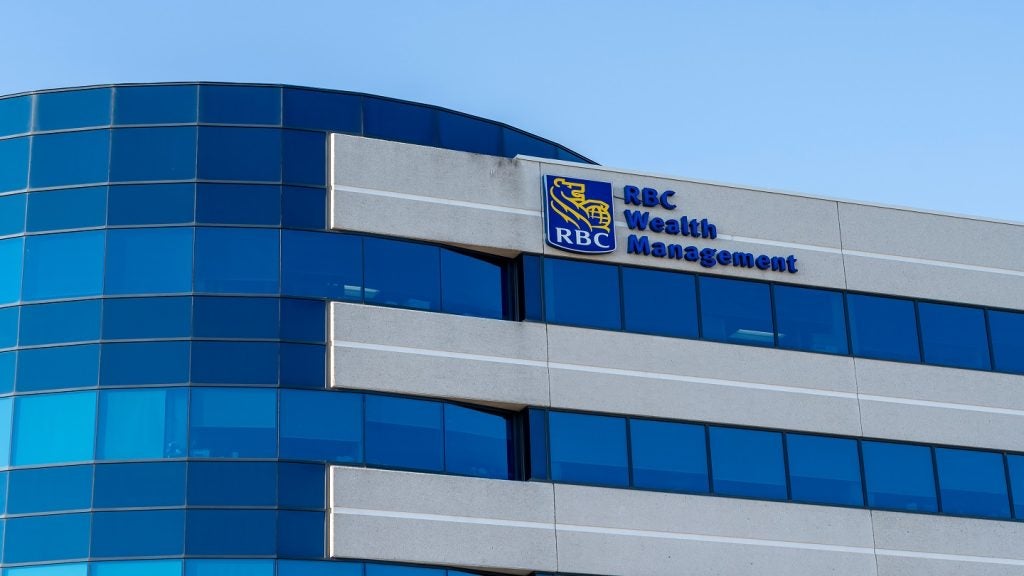Private banks pay big money to
bring in the most talented staff and relationship managers, but
could be overlooking a much cheaper source of talent: those within
their own business. William Cain spoke to the former head of
talent management at UBS about optimising
performance
Private banks can improve profit by up to 5 percent by effectively
managing talent already in their organisation, according to the
former head of talent at UBS. Chris Roebuck, now an independent
adviser who works with a range of businesses including private
banks, said while many wealth managers actively search for new
talent, they are missing out on resources in their own
business.
“There’s no particular reason why you should not get something like
a 5 percent increase in the bottom line if you can identify leaders
in the business and optimise how you manage talent,” he said. “The
experience at UBS shows that if you can get people really engaged
in the project you can get significant uplift.”
Roebuck worked at UBS between 2002 and 2006 and became global head
of talent during Peter Wuffli’s drive to establish the one-bank
model.
He worked with a team helping 500 key managers in the business
implement the programme, which included setting up the culture of
referrals across the business’s wealth management, corporate and
investment banking arms.
He said there were lessons many in the industry could learn from
UBS’s integration project: “Management can come up with new ideas
and strategies, but if they can’t get buy-in from staff at junior
levels where they need to be implemented then they are a waste of
the paper they’re written on. That was one of the key things we had
to overcome in UBS.”
UBS was the first to make the one-bank model a success in the
wealth management industry, but scrapped the concept during the
financial crisis after losses in its investment bank. Oswald
Grübel, appointed earlier this year to take over from Marcel
Rohner, has signalled his intent to return the bank to its old
system and regain its pre-eminent position.
Roebuck said its move into the US market in 2000, when it purchased
the Paine Webber brokerage unit for around $10 billion, had
unknowingly increased its risk exposure to some subsequent events
that would badly affect the finances and reputation of
UBS.
The bank has been badly hit by scandal in the US. Bradley
Birkenfeld, a former UBS banker, agreed to help the authorities and
revealed he once helped smuggle a client’s diamonds into the US by
hiding them in a toothpaste tube.
Roebuck said some issues might have been due to cultural
differences between the commission-driven US brokerage business and
its existing advice-led private banking business.
“Many of the offences UBS has been pulled up for were actually
committed some time ago before they had integrated the US
business,” according to one insider.
Roebuck commented: “These practises were particularly
counter-cultural to UBS, and I’d say the issues have largely been
resolved. UBS historically takes a very conservative view of
managing risk and integrity generally.
“If you look at the way each of the businesses were operated, there
were 400 separate branches in the US employing independent advisers
earning mostly commission-only fees.
“In Europe, clients were clients of the bank, whereas in the US,
they tended to be clients of the adviser. That’s a significant
difference in approach. This has now been addressed.”
| APPOINTMENTS | |||
| Senior moves – October, arranged by country | |||
| Country | Name | Moved from | Moved to |
| UK | Willem Sels | Dresdner Kleinwort | HSBC Private Bank |
| Australia | Robert Credaro | Macquarie | Macquarie Private Bank |
| Singapore | Nick Pollard | Coutts & Co | RBS Coutts |
| Switzerland | Kristinn Kristinsson | Bank Sarasin | Unknown |
| Singapore | Kenneth Toong | Deutsche Bank | Clariden Leu |
| Switzerland | Mauricio Sanchez | Merrill Lynch (Suisse) | Morgan Stanley (Suisse) |
| UK | Oliver Gregson | UBS | Barclays Wealth |
| Switzerland | Youssef Dib | BNP Paribas | Crédit Agricole (Suisse) |
| Singapore | Hanspeter Brunner | RBS Coutts | Banca della Svizerra Italiana |
| UK | Chris Allen | HSBC Private Bank | HSBC Private Bank |
| US | Mary Callahan Erdoes | JP Morgan | JP Morgan |
| US | Keith Banks | Bank of America | Bank of America |
| US | John Thiel | Bank of America | Bank of America |
| Malaysia | Youssef Nasr | HSBC Bank Middle East | HSBC Private Bank |
| Singapore | Matthew Yong | RBC Wealth Management | RBC Wealth Management |
| Hong Kong | Frank Mu | RBC Wealth Management | RBC Wealth Management |
| UK | Penny Lovell | Fleming Family & Partners | Rothschild |
| Source: PBI | |||







